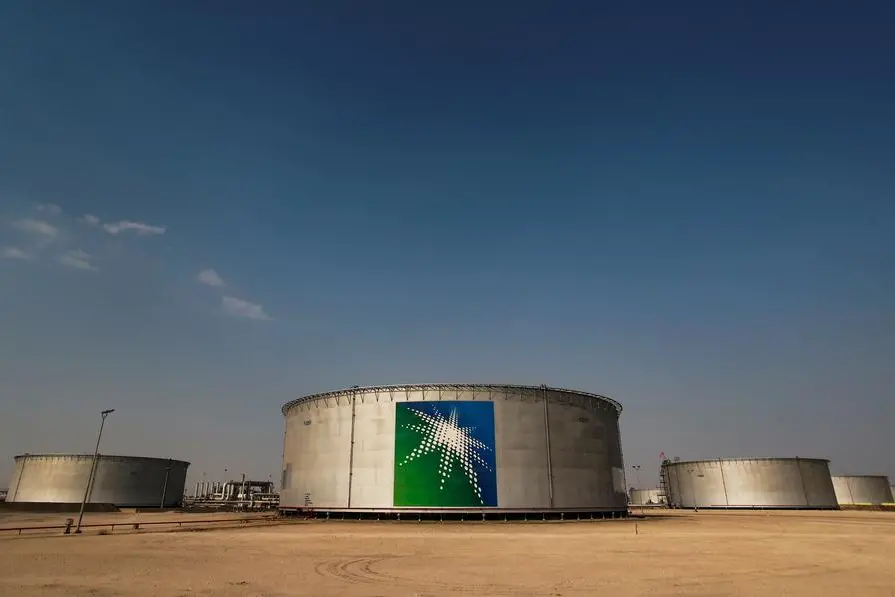PHOTO
BAMBOLIM, India - Major fossil fuel producers, including Saudi Arabia and Russia, on Friday opposed a proposal to triple G20 countries' renewable energy capacity by 2030, three sources said.
China, the world's biggest emitter of carbon dioxide, as well as coal exporters South Africa and Indonesia, also opposed the plan. India, as current holder of the G20 presidency, took a neutral stand on the issue, said the sources - two of whom attended the G20 meeting.
The other was briefed on the talks. All declined to be identified as the talks were confidential.
India's power and external affairs ministries did not immediately respond to emails sent by Reuters seeking official comment.
Many countries in the world are suffering record-breaking heatwaves that scientists say result from climate change caused by the burning of fossil fuels.
The renewable targets were proposed by the G7 countries at the G20 ministerial delegation meeting in Goa, India, based on a report by the International Energy Agency (IEA), the two sources who attended the meeting said.
One of those sources said Russia and Saudi Arabia declined to accept targets on increasing non-fossil capacity or deadlines to add renewable energy on the grounds natural gas is a critical part of their energy mix.
A discussion on hydrogen production, which many countries hope will ease the transition from fossil fuels, was also contentious. Some members sought for the phrase "low-carbon hydrogen" to be adopted, rather than "green hydrogen," the sources said.
While green hydrogen is produced using renewable energy, "low-carbon hydrogen" could include hydrogen produced using gas, which is less carbon intensive than coal.
Energy ministers representing members of the Group of 20 major economies who are meeting for the last time before leaders adopt a declaration in New Delhi in September also disagreed on the war in Ukraine.
In response to hours of discussion on the language used to describe the war, Russia, which calls it a special military operation, raised the issue of the attacks on the Nord Stream gas pipeline from Russia to Germany for the first time in a G20 meeting, the two officials who attended the meeting said.
In a debate than began on Thursday and ended in the early hours of Friday, the European Union and the United States "sought to criticise Russia" and had raised the issue of energy insecurity as a result of the Ukraine war, one of the sources said.
"Russia hit back saying global oil flows had shifted due to sanctions imposed by the West, and also sought an international enquiry into the sabotage of the pipeline," the official said.
The three sources said the lack of consensus would probably mean the meeting would not produce a joint statement when it ends on Saturday and instead a summary would be published laying out the most important dialogues and disagreements.
(Reporting by Sarita Chaganti Singh in New Delhi and Sudarshan Varadhan in Bambolim, Goa; Editing by Barbara Lewis)





















